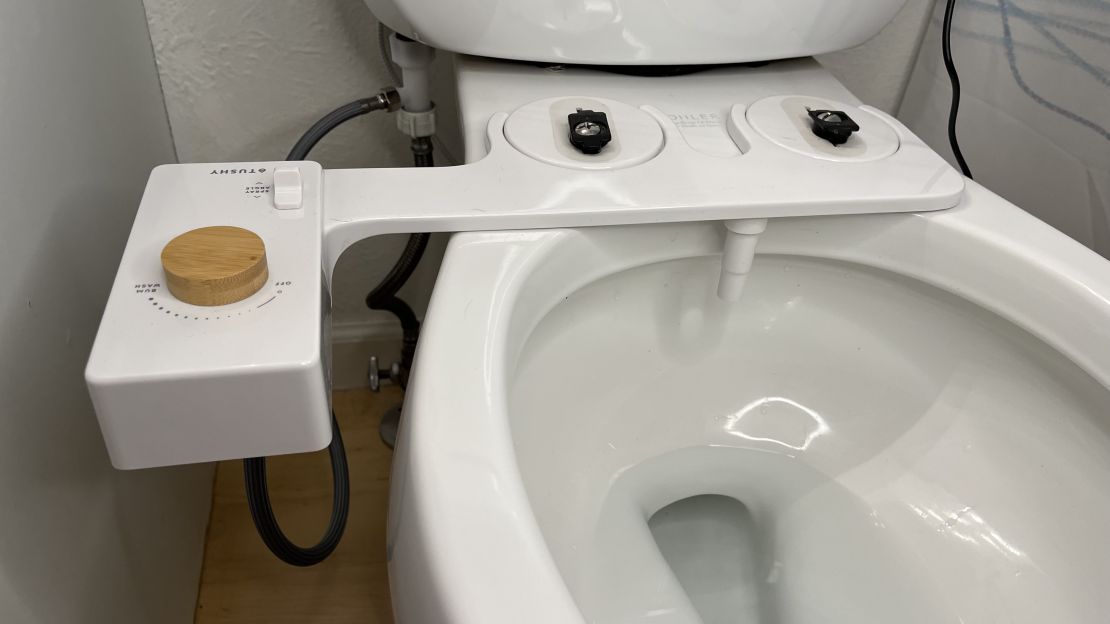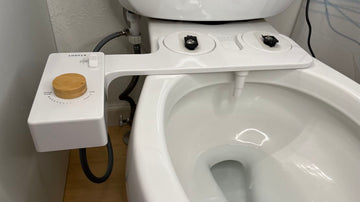With the growing popularity of bidets, it's becoming increasingly important to understand bidet safety certifications. For professionals in Quality Assurance (QA), knowing about these certifications is essential to ensure products comply with necessary safety standards. In this article, well delve into the different types of certifications, their importance, and their effect on quality assurance in the industry.

What are Bidet Safety Certifications?
Bidet safety certifications are formal approvals that verify a bidet's adherence to specific safety benchmarks. These certifications are critical for ensuring that bidets are safe for consumer use, particularly concerning electrical safety, water consumption, and overall hygiene. As the popularity of bidets continues to grow, so does the demand for strict safety regulations to safeguard users.
Types of Bidet Safety Certifications
1. Electrical Safety Certifications
A vital aspect of bidet safety concerns the electrical components, especially in electronic bidet models. Certifications like UL (Underwriters Laboratories) and ETL (Intertek) signify that the product has undergone comprehensive testing for electrical safety. These certifications ensure the safety of the bidet's wiring, heating elements, and other electrical parts.
2. Water Efficiency and Safety
Water efficiency is another crucial factor for bidets. Certifications such as the WaterSense label, supported by the EPA, guarantee that bidets use water effectively without sacrificing performance. Moreover, certifications from entities like NSF International emphasize water safety, ensuring the water supply is free from contaminants.
3. Hygiene and Sanitation Standards
Maintaining hygiene is paramount in bidet usage. Certifications regarding sanitation, like those issued by the International Association of Plumbing and Mechanical Officials (IAPMO), ensure that bidets uphold high levels of cleanliness, effectively preventing the transmission of germs and bacteria.
The Role of Industry QA in Bidet Safety Certifications
Quality Assurance professionals play a crucial role in understanding and applying these certifications. They need to be well-versed in various safety standards and ensure that products comply with these standards prior to market release. This process involves continuous testing and audits to verify conformance with pertinent certifications.
Additionally, QA teams are essential in educating both manufacturers and consumers about the significance of these certifications. By emphasizing the advantages of certified bidets, they help foster consumer trust and preference for products that adhere to safety standards. For more insights on bidets, check this article on bidets for kids.
Why Bidet Safety Certifications Matter
Bidet safety certifications serve more than just regulatory compliance; they are fundamental to ensuring consumer safety and satisfaction. For consumers, these certifications offer peace of mind, assuring them that the products they utilize are both safe and reliable. For manufacturers and QA professionals, these certifications are vital for maintaining industry standards, avoiding product recalls, and enhancing brand integrity.
As the demand for bidets continues to surge, it is imperative for manufacturers and QA professionals to prioritize the pursuit of safety certifications. By doing so, they contribute to a safer, more trustworthy, and user-friendly product environment. To understand how to use a bidet effectively, you can visit WikiHow's guide.
Additional Resources
For more knowledge on maintaining hygiene standards, explore our insights on Hygiene for Kids or review our article about Bidets and Hygiene. These resources can provide valuable context regarding the certification process and bidet maintenance.

Frequently Asked Questions
What are the critical safety certifications for bidets?
Essential certifications include electrical safety marks such as UL or ETL, water efficiency labels like WaterSense, and sanitation standards from organizations including IAPMO.
How do bidet safety certifications benefit consumers?
These certifications assure consumers that the bidet is safe, efficient, and sanitary, thereby bolstering confidence in product use.
What role does Industry QA play in the certification process?
QA professionals ensure that bidets satisfy specified safety standards through regular testing and audits, assisting manufacturers in maintaining compliance and fostering consumer trust.
This article contains affiliate links. We may earn a commission at no extra cost to you.






